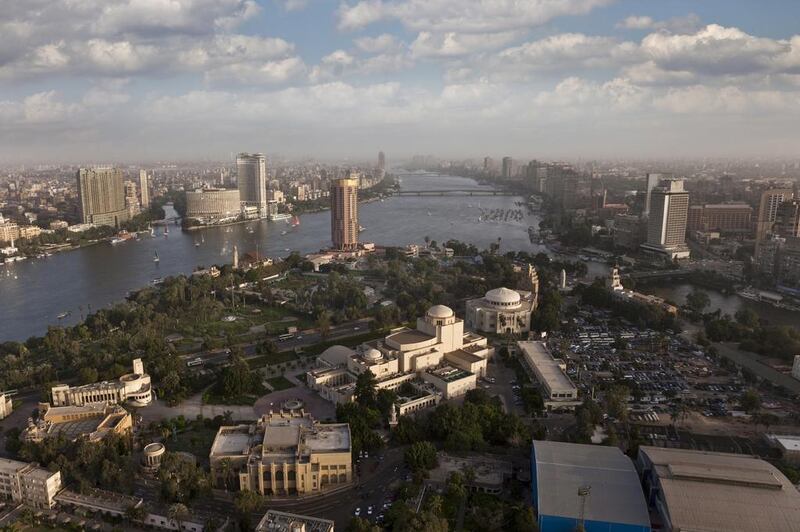Private equity firms in the Arabian Gulf are targeting acquisitions in Egypt as opportunities created by that country’s fast-expanding middle class overcomes security fears.
Abu Dhabi-based Gulf Capital, which manages assets exceeding US$2.5 billion, said it was eyeing purchases in Egypt.
“There is a huge middle class that is bigger than the middle class of Saudi Arabia and the United Arab Emirates combined, and it’s growing,” said Karim El Solh, the chief executive of Gulf Capital.
“So anything you invest in – food, education, healthcare – that caters to a booming population will do well.
“We are being opportunistic to see if we can acquire good control of a company. We never stopped looking at Egypt.”
The most populous country in North Africa, Egypt was rocked by civil uprisings in January 2011 that toppled the president Hosni Mubarak after three decades of authoritarian rule.
Since then, the country has held parliamentary and presidential elections, with Mohammed Morsi of the Muslim Brotherhood sworn in as president.
On July 3 this year, Mr Morsi was removed from power by the military. Almost three years of political turmoil has left Egypt’s economy in turmoil, deterring foreign direct investment.
“Historically, our two biggest competitors were the IPO market and bank lending. A lot of entrepreneurs would rather bypass private equity and go public directly,” Mr El Solh said.
“Both of these types of competition are gone, so we are finding many more deals are able to close at a faster rate.
“We’ve become a viable option, if not the only option, for a lot of entrepreneurs looking for growth capital or looking to cash out.”
Gulf Capital plans to launch a $550 million fund to invest in companies operating in the region. It plans to use $100m of its funds and raise the remaining amount from investors by the end of next year.
A Deloitte Corporate Finance survey shows that 69 per cent of respondents investing in the Middle East and North Africa planned to raise a new fund within the next 12 months on increased investment activity.
“For many [private equity firms], the continued appetite for new investment will be balanced with a more immediate focus on securing future capital,” said Declan Hayes, a managing director at Deloitte Corporate Finance.
“With regional funds raised during the pre-crisis era running low on cash reserves, over two thirds of respondents will be looking to raise a new fund within the next 12 months. The success of these fundraisings is likely to be highly correlated to historical performance.”
Neeraj Agrawal, an executive director at Crescent Enterprises, a conglomerate unit of the Sharjah-based Crescent Group, said: “The Arab Spring uprisings have presented private equity firms with opportunities to get deals at attractive valuations.”
Big banks such as Qatar National Bank and Dubai’s Emirates NBD are evaluating the possibility of more acquisitions in the region after they acquired assets in Egypt last year to expand beyond their competitive home markets.
“What the Arab Spring has done is [that it has] taken a bit of a shine off markets that have been competitive, like Egypt,” said Mr Agrawal.
“However, fundamentally it is a sound market that needs to go through a period of stability. So people who see it that way would be able to find very good deals.”
Egypt’s Citadel Capital,which manages assets of $9.5bn, said on Thursday its second-quarter consolidated net loss narrowed to 47.3m Egyptian pounds (Dh25.1m) from 124.2m Egyptian pounds a year ago.
halsayegh@thenational.ae





